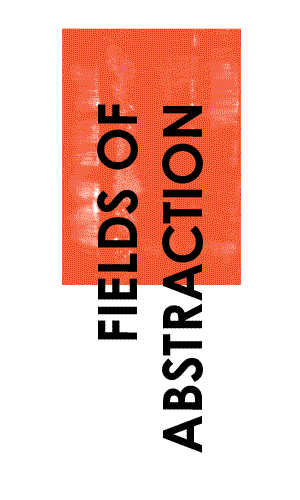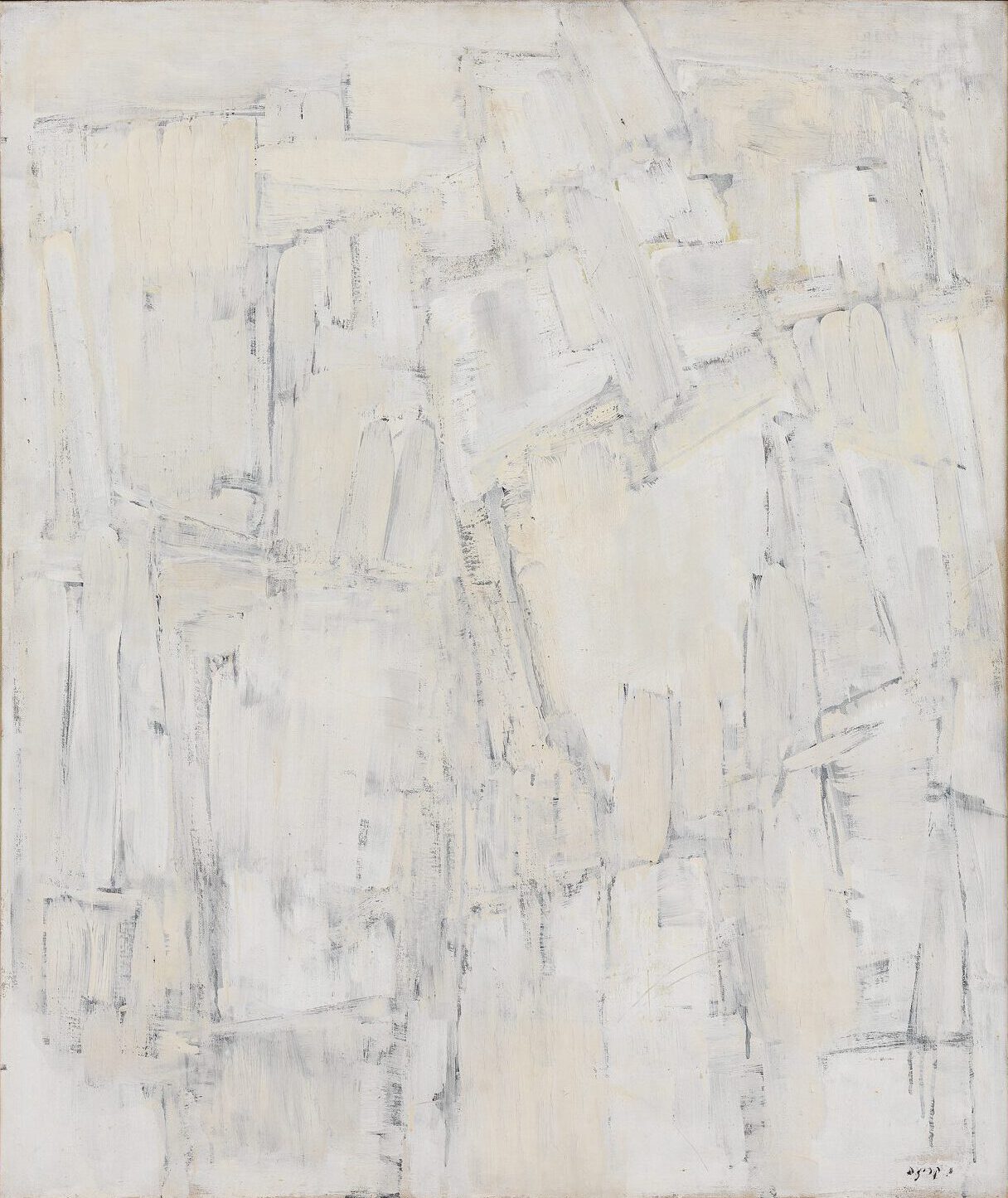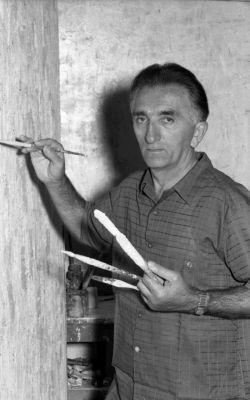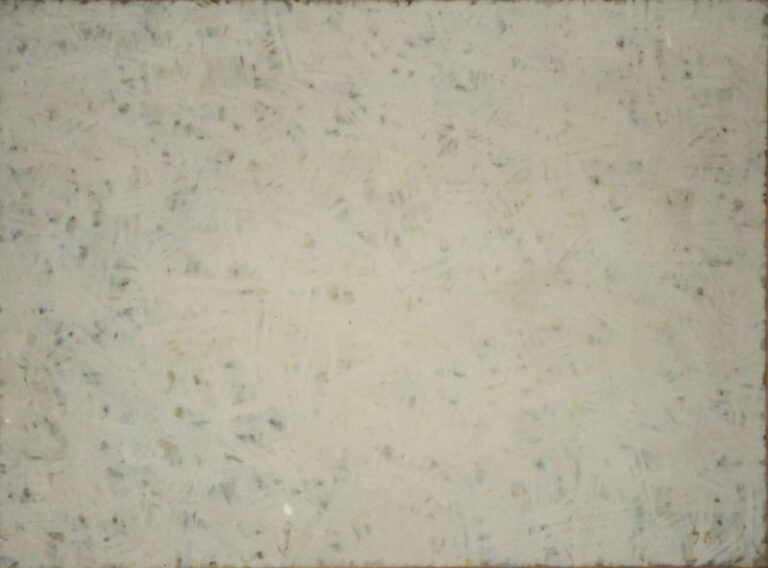“I don’t think I’ve ever been ‘figurative.’ As far as I can remember, I always painted ‘flat.’ . . . A weave based on cross-rhythms. Later I was drawn to the sea, to its flatness and its rhythms. Then, in the years when I lived in orchards, I acquired the vision of a flat, clear, monochrome world.”
Throughout his life, Yehiel Krize’s relentless artistic inquiry revolved around the refinement of his technique and of the level of abstraction he could reach. The culmination of his career in the “White Period” from 1962 onwards reflects his attempt to distill the existential experience into an abstract work of art.
In the late 1920s and after a visit to Paris, Krize began to work in the orchards of Binyamina, combining manual labor with his evolving artistic career. In 1932 or 1933 he studied painting in Yosef Zaritzky’s studio in Tel Aviv. From the 1940s on he was active among the circle of modern artists in the country and saw his art as a mission of national importance. At this time, he painted the landscapes of the country in gouache and tended towards expressive abstraction. In 1958 he spent a few months in New York and expressed his amazement at what he saw there: “In America strong creative forces are erupting. Everything is tumultuous and turbulent, man is celebrating his triumph over nature, even in the field of art. In New York I learned the nature and essence of contemporary art.”
Painting is the result of a lengthy conceptual, stylistic, and technical process. White paint smeared against a purple background creates a thin, skin-like layer. The light brushstrokes above the dark background reveal and blend into the underlayer, as in a vertical weave, contrasting with the typically horizontal format of depictions of nature and perhaps alluding to the human soul. The unpolished yet delicate brushstrokes reflect the artist’s rough but emotionally refined spirit, combining harsh self-criticism with a warm and candid presence. Thus, the constant struggle seems to be transformed into a kind of stoic serenity that aspires upwards – matter aspiring towards spirit.
Noga Goldstein



